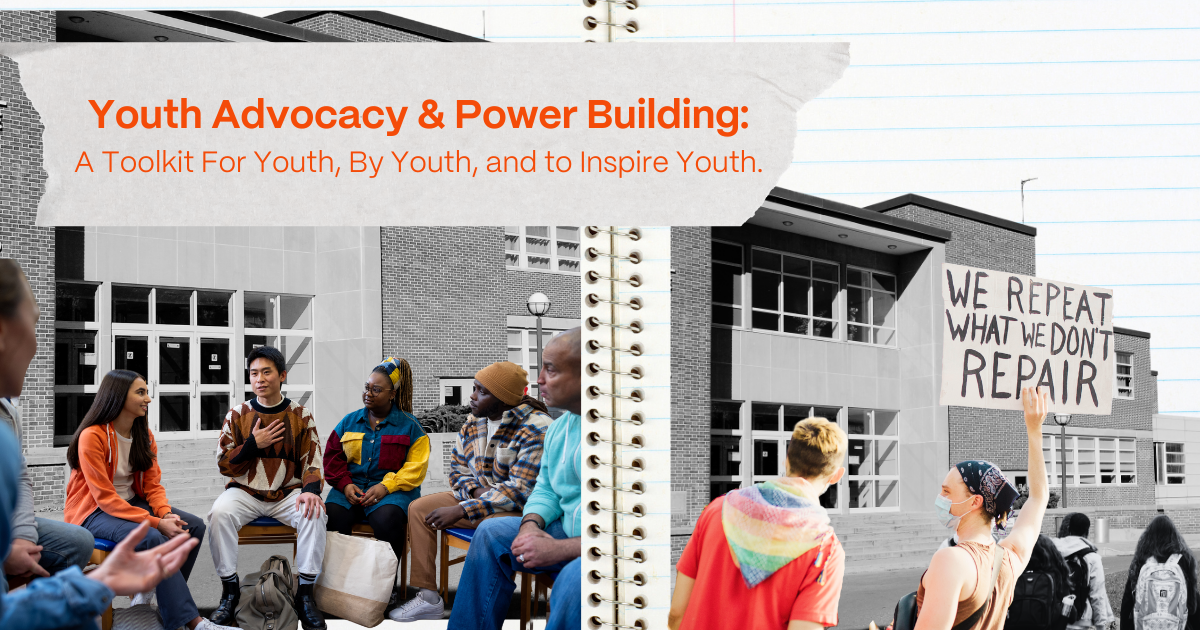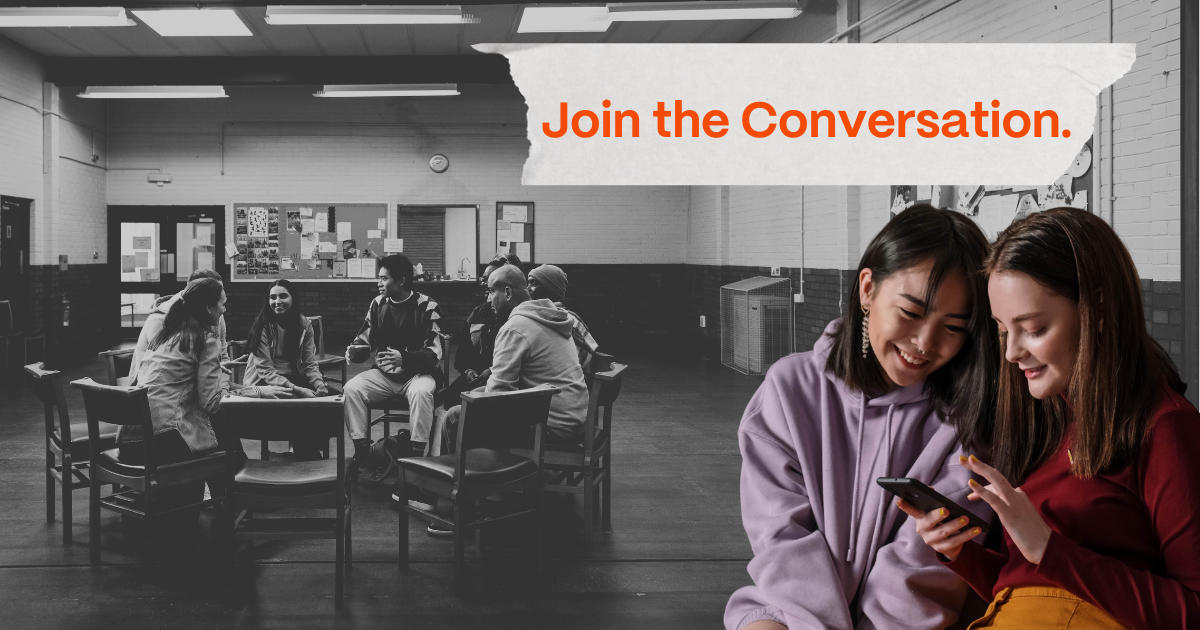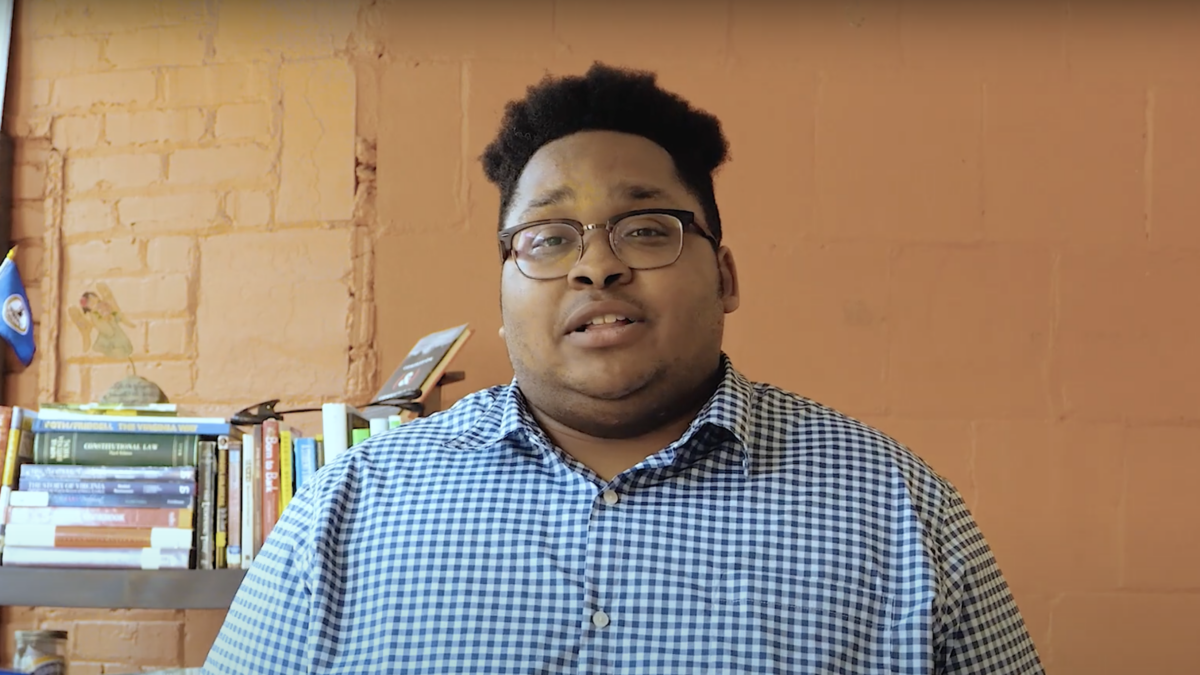Youth Advocacy & Power Building: A Toolkit to Build Solutions by Youth, for Youth, and that Inspire Youth

About this Toolkit
In this toolkit, you will find resources that will help you engage youth in health justice advocacy. To ensure that young people have a voice in shaping the policy changes we fight for, Community Catalyst currently partners with a Youth Advisory Board, whose members are youth between the ages of 16 and 23, as well as Youth Policy Consultants. The Youth Advisory Board and Youth Policy Consultants created the following toolkit to encourage and educate youth and adults alike on how to engage young people in advocacy.
By involving youth in the process, advocates not only develop more efficient answers but get youth involved and doing the work! Including young people ensures that solutions are by youth, for youth, and inspire youth.
Community Catalyst’s partnership with the Youth Advisory Board is one example of our organization’s larger commitment to unleashing the power of community-first public health. No matter who or what age you are or where you live, the “public” should be at the center of public health.
Learn more about the Youth Advisory Board and Youth Policy Consultants here!
Youth Power Building and Organizing in the Health Justice Movement
Youth power building and organizing are essential components of the health justice movement and enable young people to actively contribute to sustainable change, confront systemic health disparities, and advocate for equitable access to healthcare.
At Community Catalyst’s 2023 Annual Convening, we joyfully welcomed Youth Policy Consultants to lead a workshop focused on empowering and mobilizing young individuals and their allies within the health justice movement. By delving into the significance of youth power building and organizing, this workshop provides first-hand experiences, practical strategies, and tools for centering youth voice in power building and advocacy efforts.
Session Resources:
- Youth Power Building and Organizing in the Health Justice Movement: Community Catalyst 2023 Convening Presentation
- Let’s Reform Drug Policy in Education, Juliana Hartley, Community Catalyst Youth Policy Consultant
- War on Drugs Effects on Youth Flyer, Bea Floresca, Community Catalyst Youth Policy Consultant
- Showing Up with Support – Tips for Teachers, Nancymarie Jones, Community Catalyst Youth Policy Consultant

Hear the Voices of Youth & Share Your Story
One of the best ways to relay to others the need for policy and systems changes is to share the personal stories and perspectives of those most impacted by health care disparities. At the core of youth power building is helping youth find their voice and giving them an outlet to use it.
Here are some video reflections from members of Community Catalyst’s Youth Advisory Board and Youth Policy Consultants about what it means for adults to support young people and their mental health.
If you are a young person who wants to join the conversation, please visit our Soapboxx page and record your story!
Policy Recommendations from Youth AdvocatesPolicy Recommendations from Youth Advocates
The issues of substance use disorder and mental health are at the core of the Community Catalyst Youth Advisory Boards’ and Youth Policy Consultants’ work. These young people not only bring their own lived experience to their advocacy, but also take time to review additional materials to educate themselves and their peers on trends and needs currently facing young people. Here are additional reading materials, compiled as helpful information.
- Youth Are the Key to a Better Adolescent Behavioral Health System
- A Building Positive Models of School Discipline and Student Support that Includes Substance Use Services: A Resource Library
- Addressing Our Nation’s Crisis of Youth Mental Illness and Substance Misuse
- Expanding and Improving School-Based Mental Health and Substance Use Services
- We Need Action on Youth Mental Health and Substance Use
- Back to School: Substance Use Prevention Services are Key to Student Success
Contact Community Catalyst
If you are interested in learning more about youth power building and organizing in the health justice movement, please contact India Hayes Larrier.
